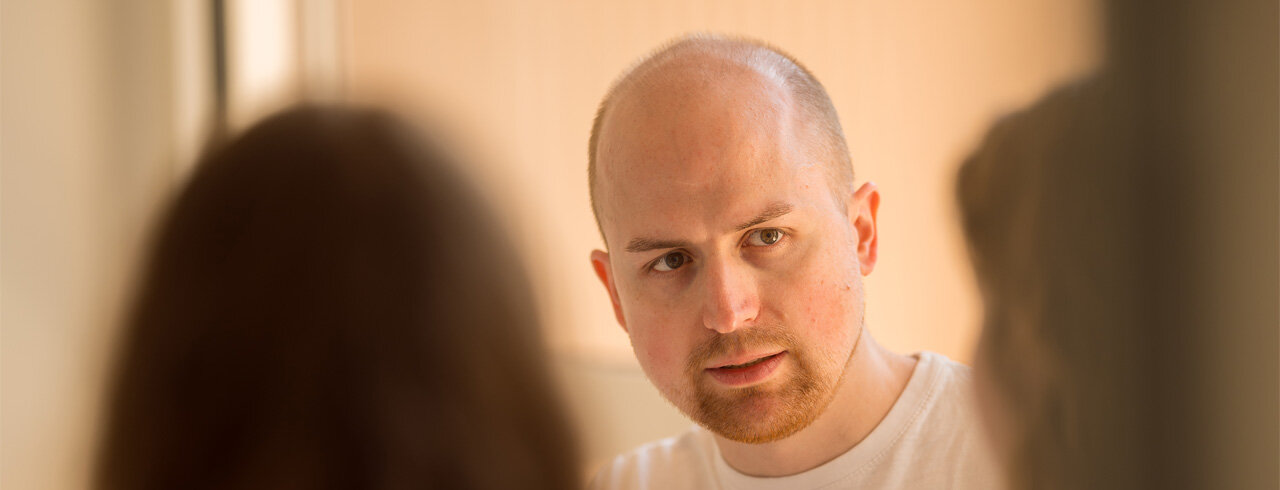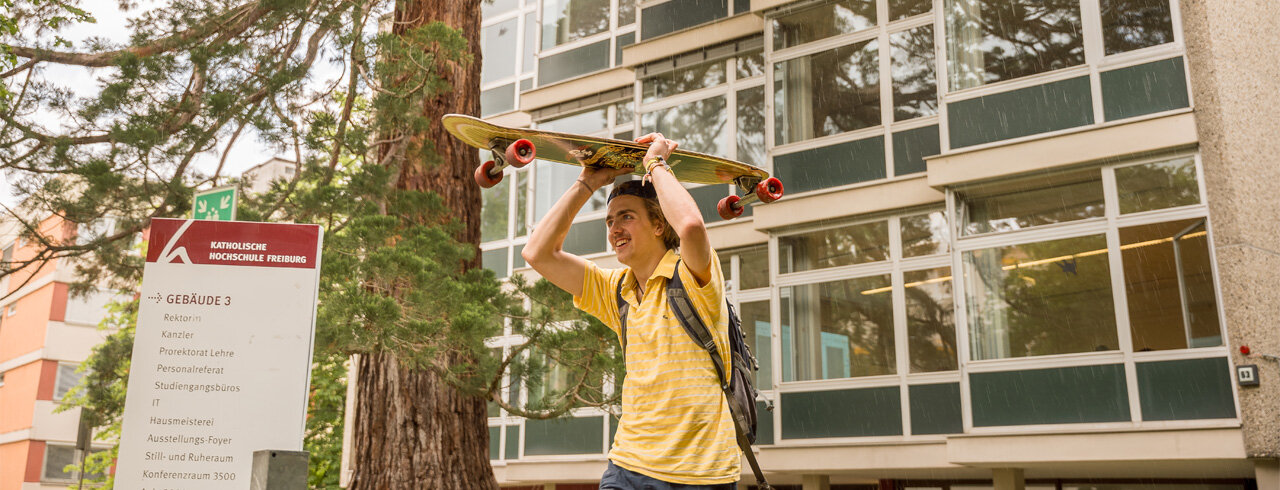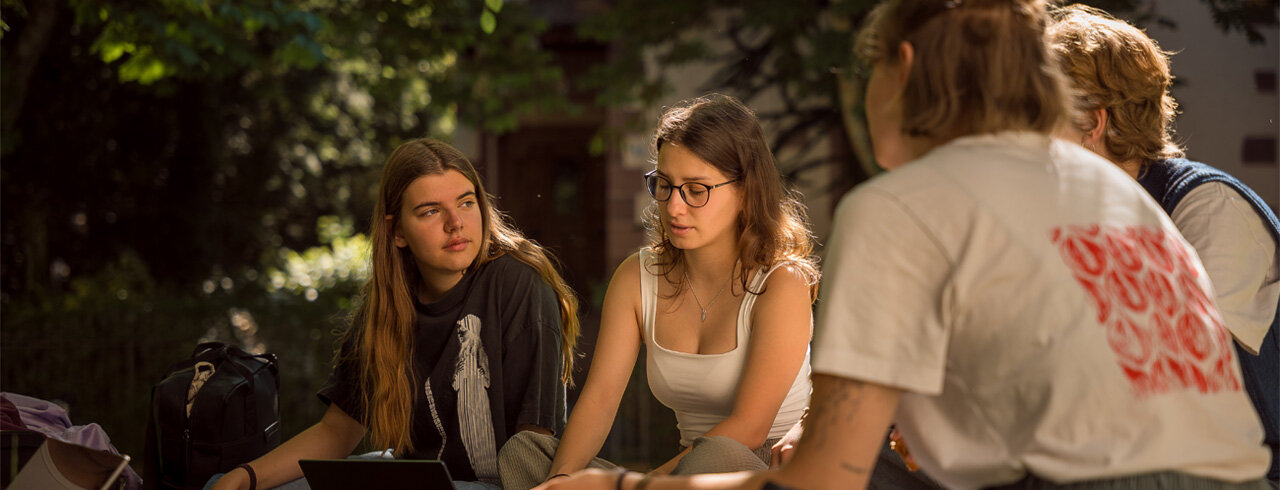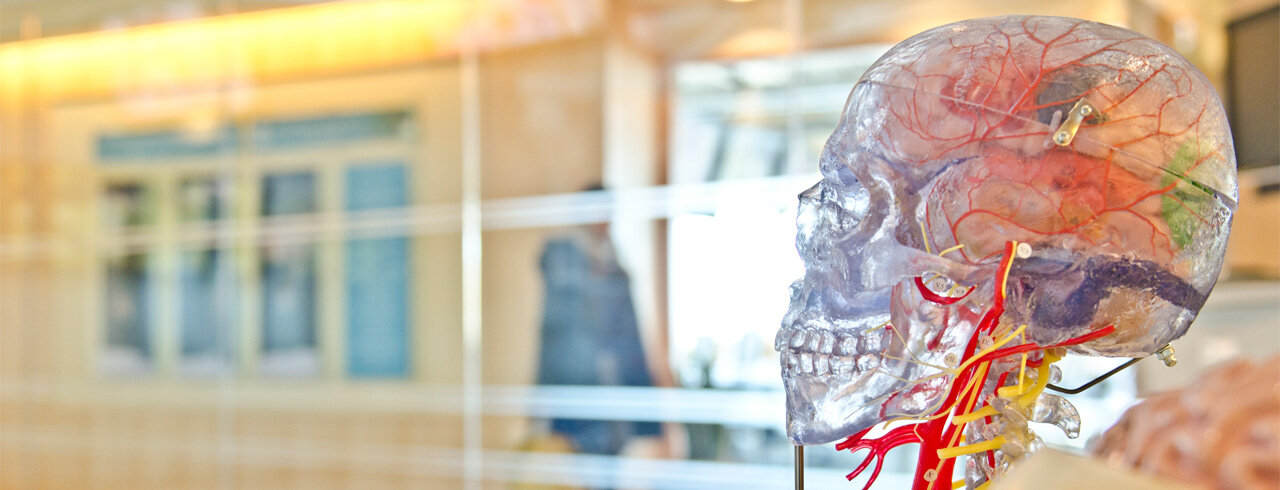
Cooperations
- German Rectors' Conference (Hochschulrektorenkonferenz (HRK))
- Universities of Applied Sciences in Baden-Württemberg (Hochschulen für Angewandte Wissenschaften in BadenWürttemberg (HAW BW))
- Rectors' Conference of church-affiliated Universities of Applied Sciences in Germany (Rektorenkonferenz der kirchlichen Hochschulen für angewandte Wissenschaften Deutschlands (RKHD))
- Working Group of Rectors and Presidents of Catholic Universities of Applied Sciences in Germany and Working Group of Sponsoring Representatives of Catholic Universities of Applied Sciences in Germany (Arbeitsgemeinschaft der Rektoren und Präsidenten der Kath. Fachhochschulen in Deutschland - ARKF, and Arbeitsgemeinschaft der Trägervertreter Katholischer Fachhochschulen in Deutschland - ATKF)
- Faculty Conference of Social Work and Health Care Baden-Württemberg (Fakultätentag Sozial- und Gesundheitswesen Baden-Württemberg - FSG-BW)
- Accreditation Agency in Health and Social Sciences (Akkreditierungsagentur im Bereich Gesundheit und Soziales (AHPGS))
- Trinational Metropolitan Region Upper Rhine (Trinationale Metropolregion Oberrhein)
- Dean's Conference Nursing Science (Dekanekonferenz Pflegewissenschaft )
- Field of Curative Education Conferences (Fachbereichstage Heilpädagogik)
- Field of Social Work Conferences (Fachbereichstage Soziale Arbeit)
- German Association for Public and Private Welfare (Deutscher Verein für öffentliche und private Fürsorge)
- Regional Academy for Social Work (RECOS - Regio-Akademie für Soziale Arbeit)
- Learning for the Future - Association for the Preservation of the Children's Barracks Auschwitz-Birkenau e.V. (Für die Zukunft lernen - Verein zur Erhaltung der Kinderbaracke Auschwitz-Birkenau e.V.)
- Association for interdisciplinary Supporting Pre-school Children (Vereinigung für Frühförderung (ViFF))
- Official network partner of the Annelie-Wellensiek Center for Inclusive Education (Offizieller Netzwerpartner des AW-ZIB (Offizieller Netzwerpartner des AW-ZIB - Annelie-Wellensiek-Zentrum für Inklusive Bildung),
There is a “competitive sports” cooperation agreement between the Catholic University of Applied Sciences Freiburg, the Olympic Training Center Freiburg-Schwarzwald and the Studierendenwerk (student social services) Freiburg.
Sport represents a central component of our social coexistence. This applies to top-level and junior competitive sports, and to popular and school sports. Sport connects people across cultural, social and linguistic boundaries and is able to bring people of different origins and ages together. At the same time, it conveys values of our liberal community that go far beyond sports, such as accepting rules, respect, teamwork, tolerance and cosmopolitanism, but also commitment, assertiveness and appropriately handling success and defeat. In this sense, sport at all levels also fulfills an important role model function, especially for children and young people. Athletes who are successful in top-level sport in particular stand for the willingness to perform, endurance, discipline and respect in sporting competition.
On July 29, 2020, the cooperation agreement "competitive sports" between the Catholic University of Applied Sciences Freiburg, the Olympic Training Center Freiburg-Schwarzwald and the Studierendenwerk Freiburg-Schwarzwald was renewed for the third time since 2007. The aim of the agreement is to create a framework at the CU Freiburg that enables high-performance athletes to optimally combine their studies with top-level sports.
The cooperation agreement applies to students who are members of a national squad of a top association in the German Olympic Sports Confederation and who are coached by the Olympic Training Center Freiburg-Schwarzwald. The cooperation agreement also extends to players on a team in the first national league or at a comparable level of performance.
Specifically, these are athletes with a proven potential for achieving medals or reaching the finalist stage in the next Olympic Games or athletes who show particular promise in a high-performance sport. The training intensity in these sporting spheres is extraordinarily high: there are often several training sessions per day. Depending on the sport, this can add up to eight hours of training daily. In addition, there are training camps abroad to compensate for the different climatic conditions, as well as competitions worldwide. The fact that a normal course of study is not possible alongside this sporting workload should not be a disadvantage for the athletes in the long term. After all, not everyone will go on to participate successfully in an Olympic Games, and not all sporting successes can be converted into financial or professional advantages. Therefore, the conditions for application and admission to studies, for examination matters and for a leave of absence from studies are regulated within the framework of the legal and organizational possibilities at the CU Freiburg. In terms of implementation, this means above all that students receive separate admission to studies on the basis of their athletic performance and can take course work according to an individual plan in the sense of part-time studies.
Since the first agreement in 2007, a total of 10 athletes from a wide range of sports have been mentored in this format at the KH Freiburg. Through its commitment, the KH Freiburg shows that it reliably supports competitive sports while also fulfillings its social responsibility in supporting highly gifted athletes.
If you have any questions on this topic, please contact Prof. Dr. Wiebke Göhner-Barkemeyer
- Association of alumni organizations in German-speaking areas (Alumni-Clubs Verband der Alumniorganisationen im deutschsprachigen Raum e.V.)
- Federal working group of internship matters offices / departments at universities of social work (BundesArbeitsGemeinschaft der Praxisämter / -referate an Hochschulen für Soziale Arbeit)
- Federal Association of University Communication (Bundesverband Hochschulkommunikation)
- German Academic Exchange Service (Deutscher Akademischer Austausch Dienst (DAAD))
- European Foundation for Quality Management (Europäischen Stiftung für Qualitätsmanagement - EFQM) (Europäischen Stiftung für Qualitätsmanagement (EFQM))
- University Network Digitalization of Teaching Baden-Württemberg (Hochschulnetzwerk Digitalisierung der Lehre Baden-Württemberg (HND BW))
- Information Service for Science (Informationsdienst Wissenschaft (IDW))


